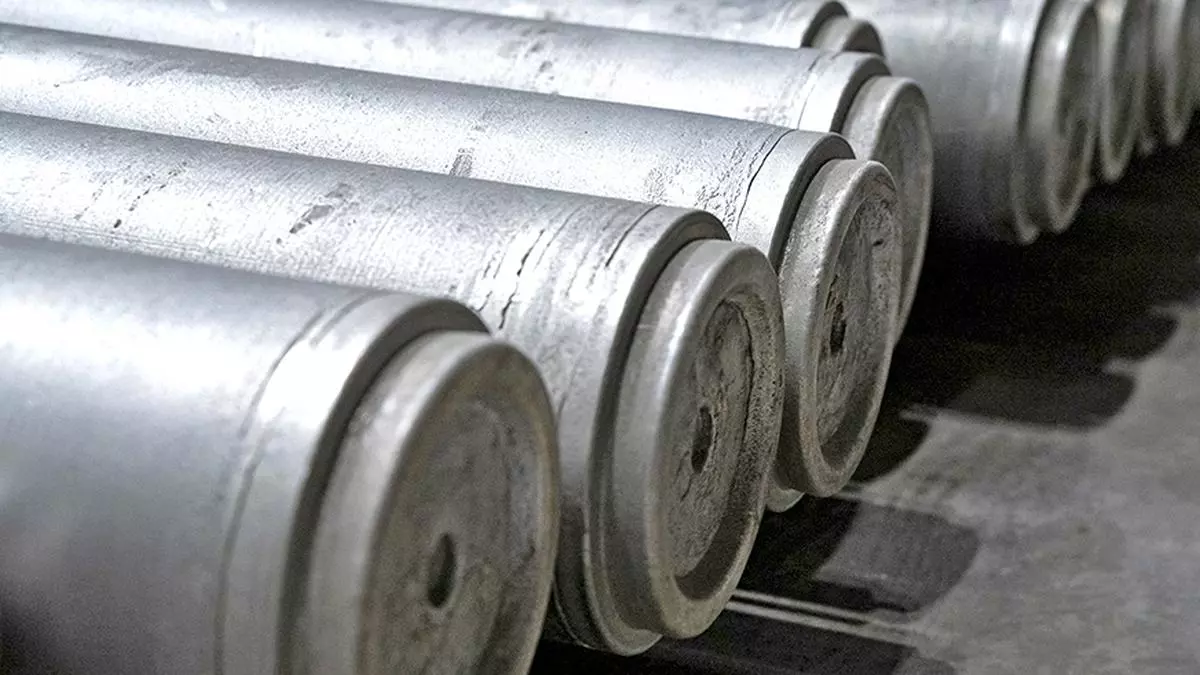Nigeria has lost $310 billion in its gross domestic product (GDP) in the last decade, driven by naira devaluation, low productivity and stagflation – a combination of high inflation, stagnant economic growth and elevated unemployment.
The economy, which was once the largest in Africa following Nigeria’s GDP rebasing in 2014, has slipped to fourth behind South Africa, Egypt and Algeria.
Africa’s most populous nation’s economy was $510 billion in 2014 but dwindled to $199.7 billion in 2024, according to the International Monetary Fund (IMF).
“Nigeria’s GDP at $195 billion has declined over the last decade losing over $300 billion in value due to devaluation, low productivity, and stagflation,” CFG Advisory, a Lagos-based research and advisory firm, stated in its report titled, ‘From Reform Fatigue Quagmire to Sustainable Growth.’
“The country is no longer the largest economy in Africa, ranking fourth behind South Africa, Egypt, and Algeria. This is owing to the prolonged policy inconsistency since the economy came out of the post-COVID recession,” it stated.
Adeola Adenikinju, president of the Nigerian Economic Society, said Africa’s most populous nation needs to become an African giant again by diversifying the economy and increasing productivity.
“Rebasing will lead to a significant increase in the value of GDP because new sectors will be added, hence GDP will be higher than what it presently depicts. However, in the long term, Nigeria will have to find a way to improve the economy and diversify productivity,” he said.
He stated that Nigeria’s GDP has grown in naira terms but has reduced in dollar terms due to the exchange rate depreciation.
“Exchange rate has reduced significantly in the last two years, contributing to the decline in GDP measured in dollar terms. In real terms, Naira GDP has grown albeit at a very slow rate,” Adenikinju stated.
Read also: Here’re five projections of naira, inflation in 2025
Can Nigeria become biggest in Africa again?
Nigeria is on course to rebase its economy, but analysts say it may still not make the country the biggest in Africa.
Muda Yusuf, director and CEO of the Centre for the Promotion of Private Enterprise, said Nigeria’s $300 billion GDP loss may be attributed to exchange rate depreciation, which has led to a contraction in the dollar value of the country’s GDP.
“The main reason for the decline is the exchange rate depreciation and that is in dollar terms. If we are using a lower exchange rate like it was before, then our GDP would have increased. However, with the depreciation in the exchange rate, converting GDP Naira value to dollars will significantly lead to a major contraction in GDP value,” he said.
“Nigeria’s economic activities have not contracted that much and GDP growth has been positive, apart from the COVID period where we recorded a negative,” he noted.
He said the GDP rebasing will capture more sectors that have grown over the last 10 years, noting that the nation will likely see a much higher level of GDP even in dollar terms.
For Nigeria to become Africa’s largest economy again, Yusuf said the economy has to grow, remove all the obstacles affecting it and all the challenges affecting productivity and investment.
“The focus on policy should be on improving productivity, growing investment, increasing export and improving the regulatory environment and the level of infrastructure which are the things that need to be done to bring Nigeria back to being Africa’s largest economy,” he stated.
CFG Advisory said in its report that the ongoing exercise to rebase GDP and CPI might not yield the desired results.
“To get the economy back on track, the government must reduce its debt burden, restore its credit rating to investment grade, and tame inflation.
“This would reduce borrowing costs and provide a stimulus for investment, sustainable growth, productivity, and employment,” it said, stating that to accomplish this, the government must restructure its capital structure and balance sheet.
“Selling down its JV oil assets will raise $30-50 billion, which can be applied to reduce the debt burden, improve the foreign exchange regime, provide dollar supply for naira appreciation, restore credit rating and boost net reserves,” it said.
The decade-long naira devaluation
The naira exchanged between 168/$ and 199/$ in 2014 when the last rebasing was done. However, it stood at 1,549.65/$ on Tuesday. This means the naira has depreciated 16 times since 2014 and was once ranked among world’s worst currencies in 2024.
“By August 2024, the Ethiopian birr, Nigerian naira, and South Sudanese pound were among the worst performers in the region. The Nigerian naira continued losing value, with a year-to-date depreciation of about 43 per cent as of end-August,” a World Bank report said in August 2024.
However, the naira’s outlook is brighter in 2025 owing to refineries coming on stream and dollar bonds floated in 2024.
Uche Uwaleke, director of the Institute of Capital Market Studies at Nasarawa State University, said: “With increased domestic refining capacity, we expect a significant decline in fuel imports, which will ease pressure on foreign exchange demand and strengthen the naira.”
Razia Khan, managing director and chief economist, Africa and Middle East Global Research, Standard Chartered Bank, said the parliament’s approval of $2.21 billion of external borrowing (Eurobond and sukuk issuance) could lift FX reserves, increasing confidence in FX stability.







Leave a Comment